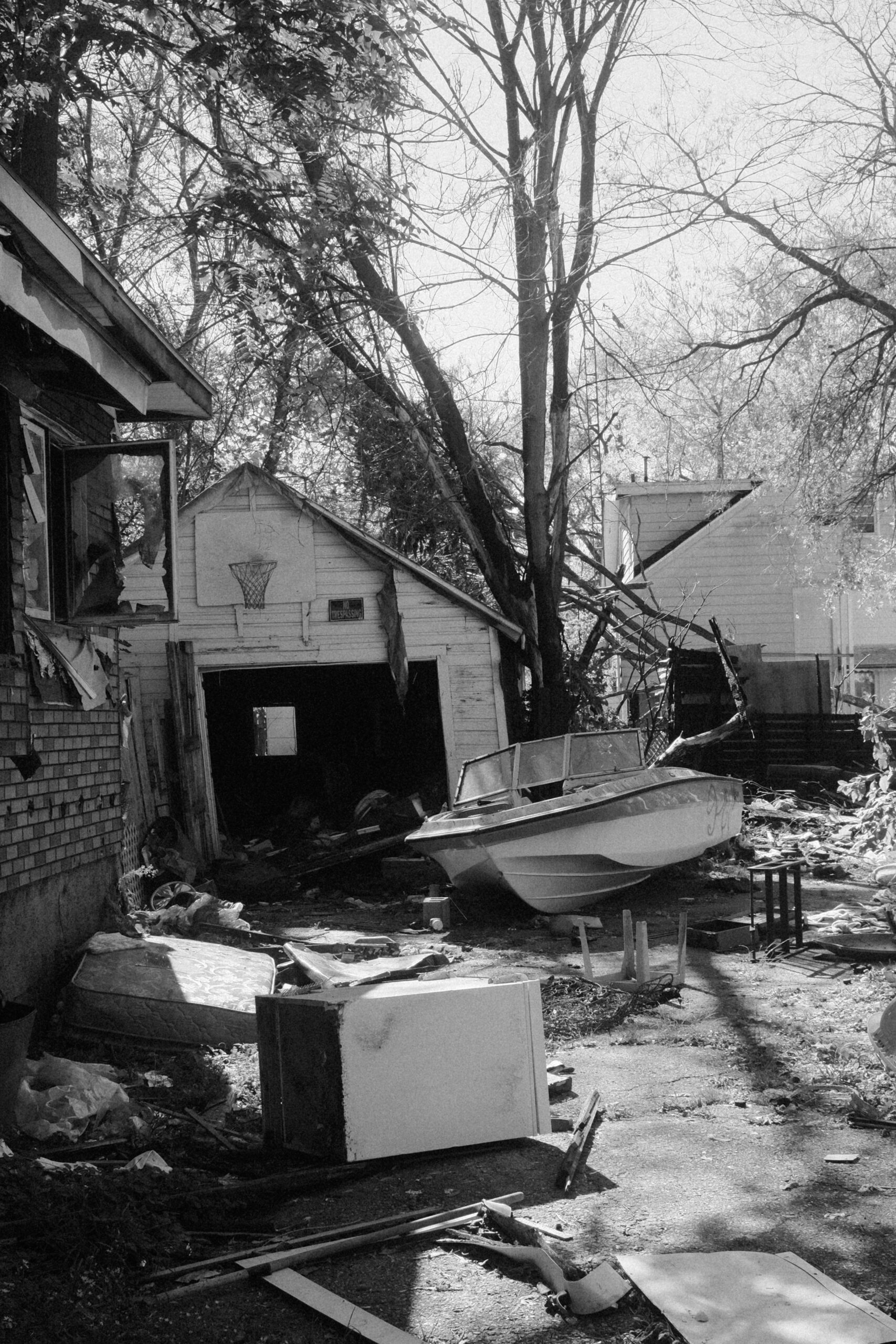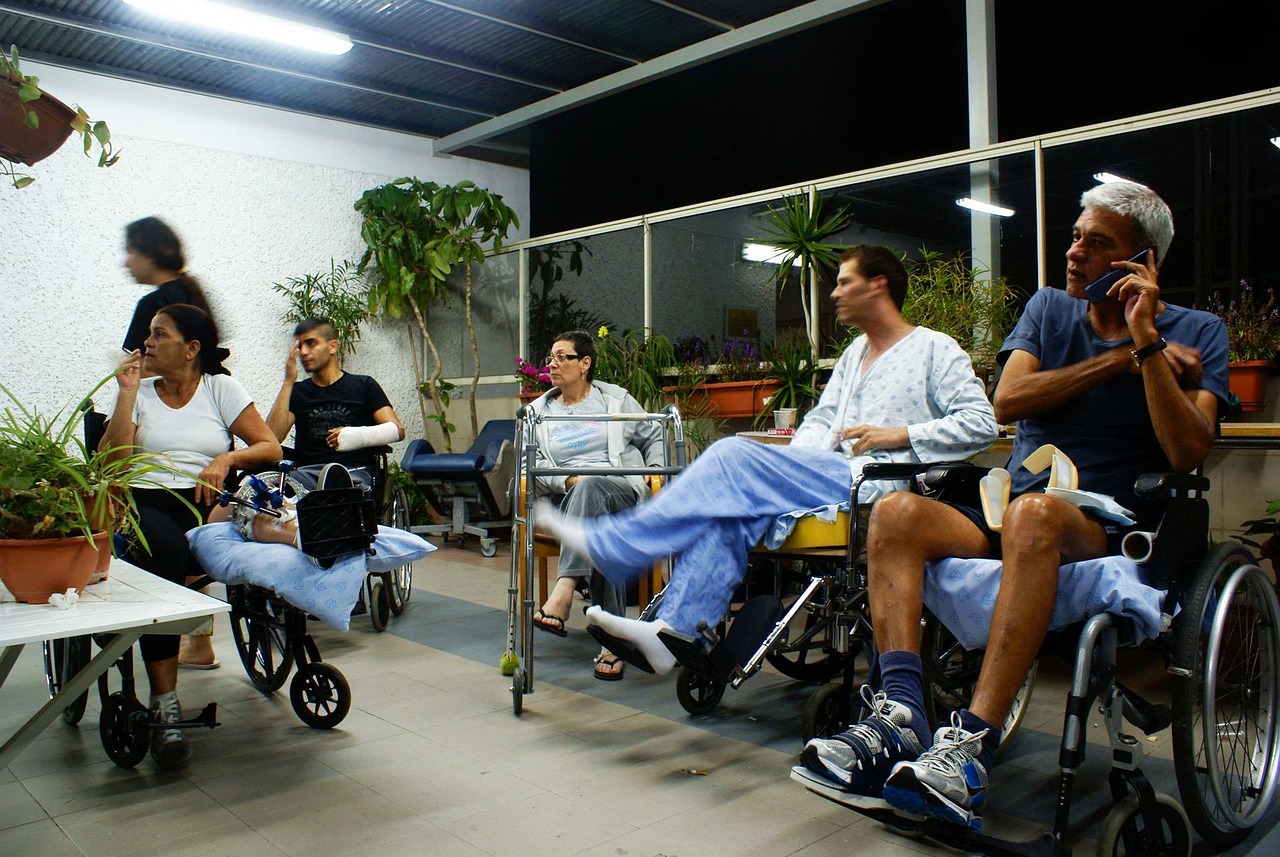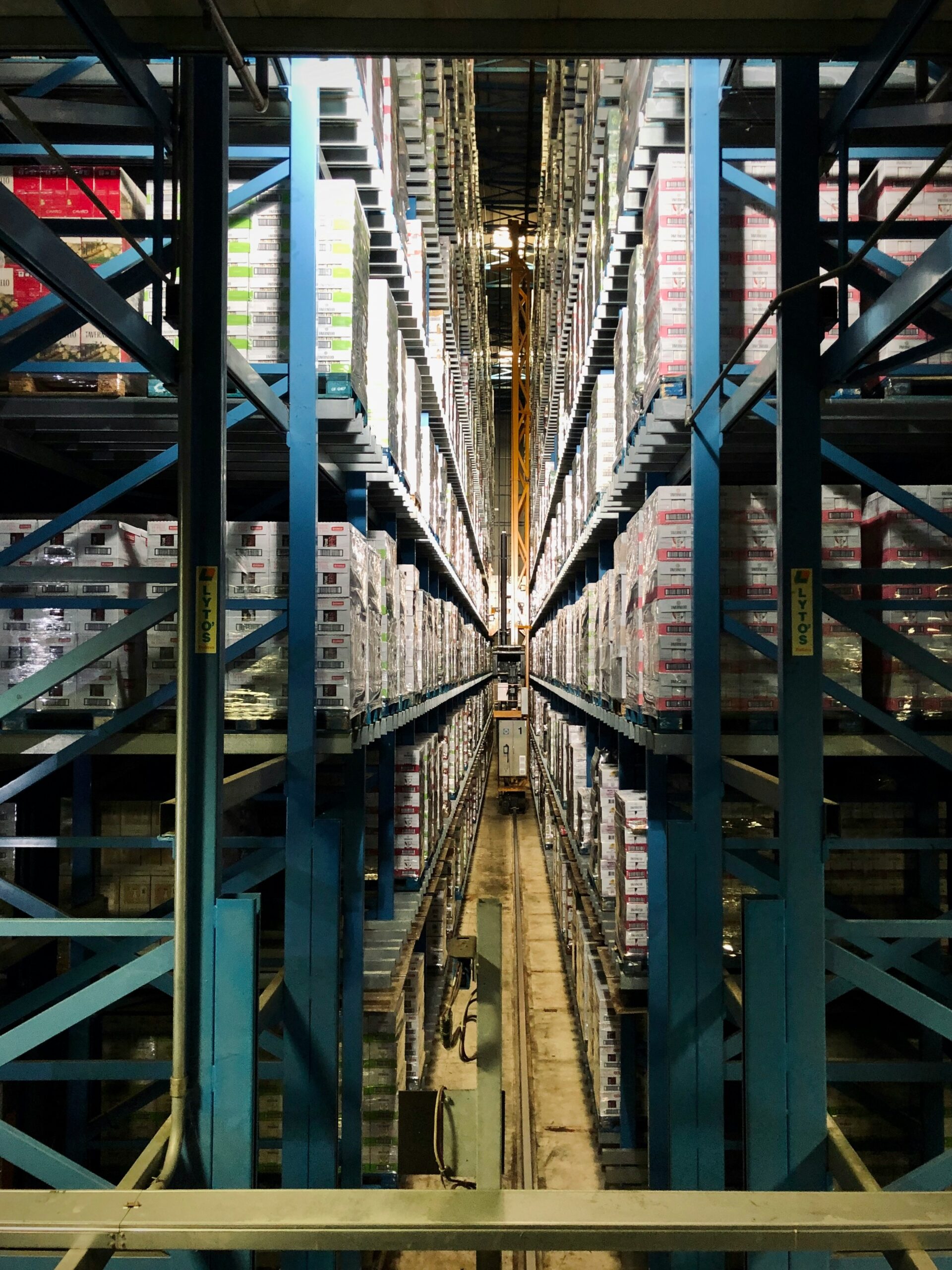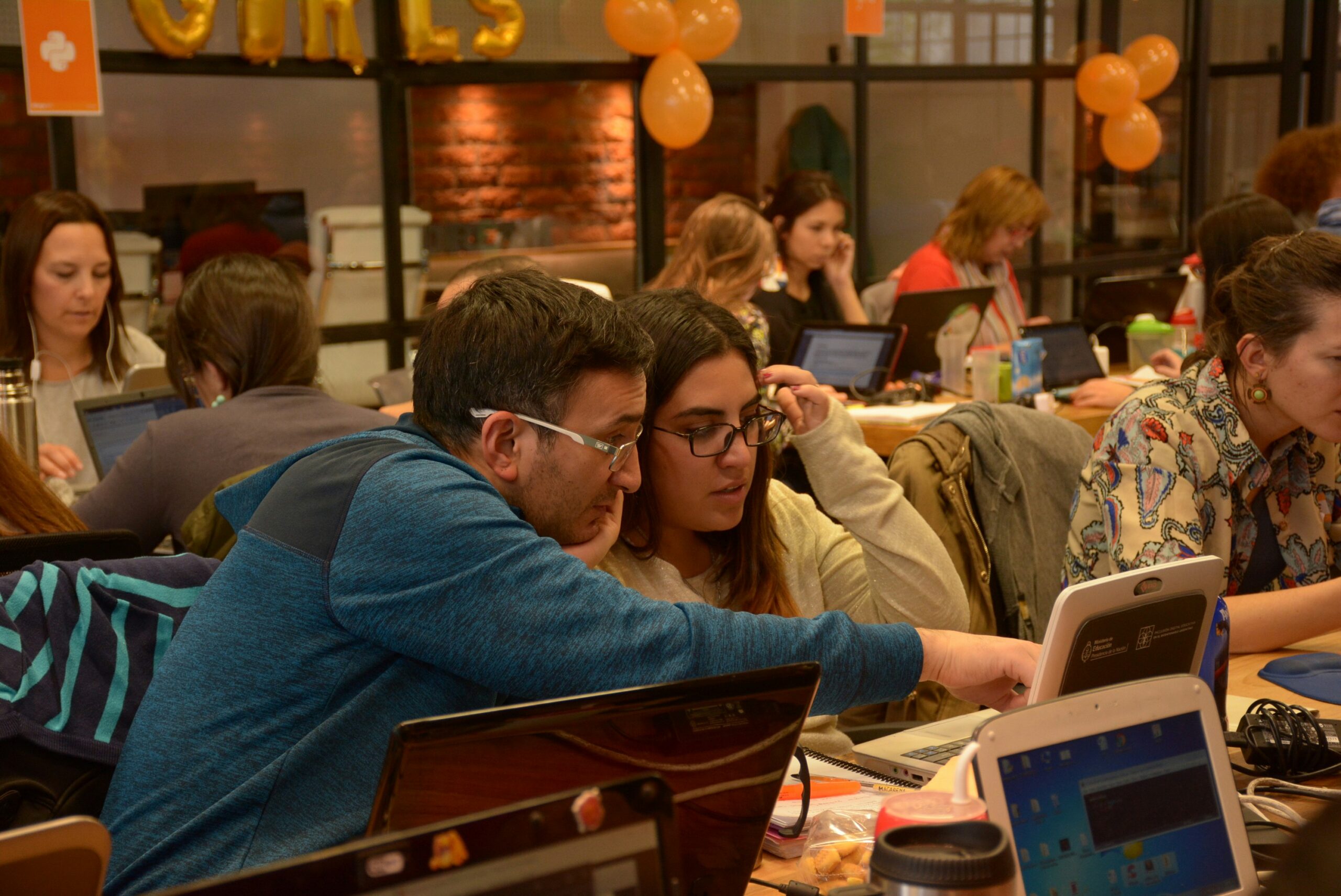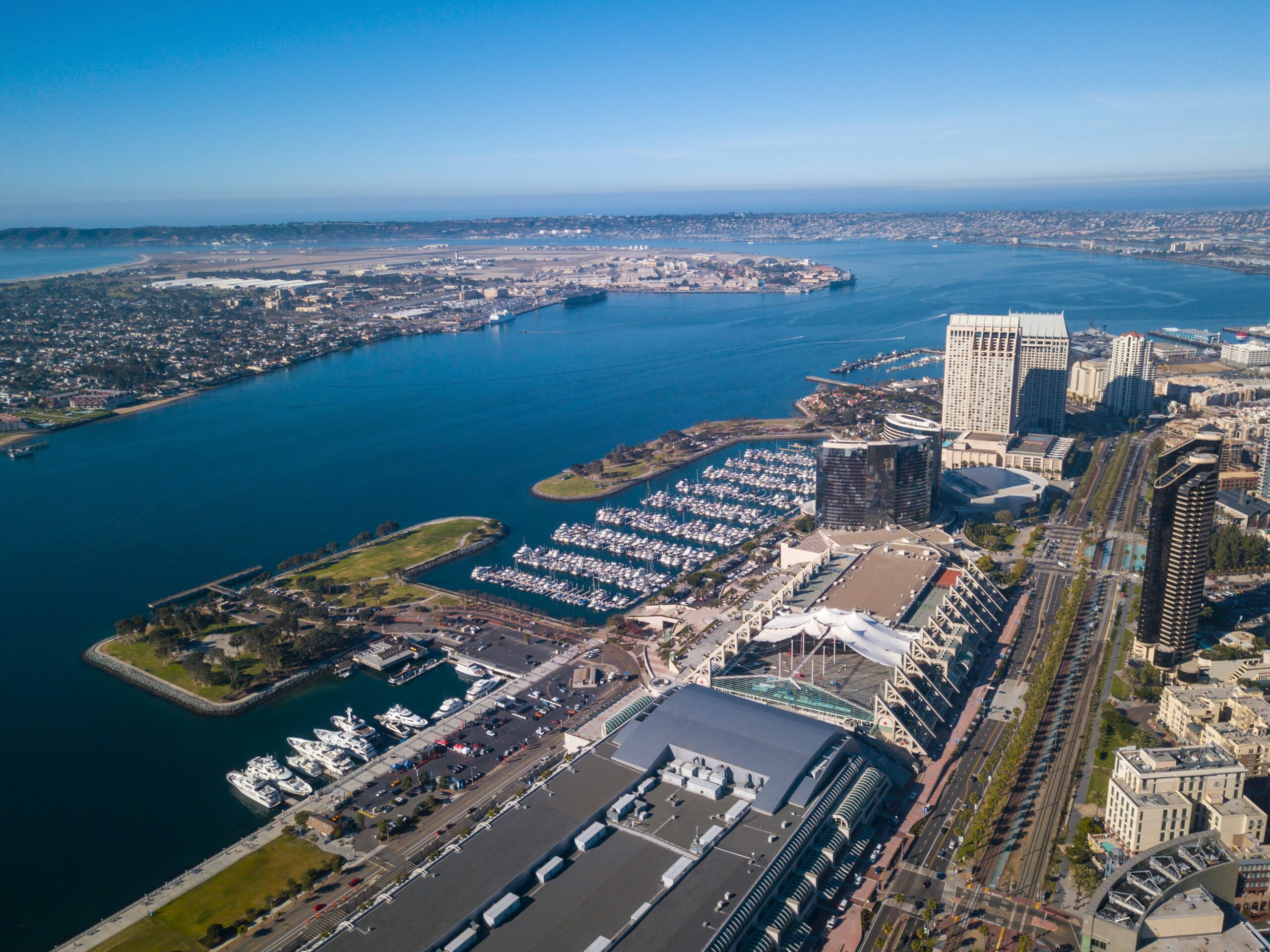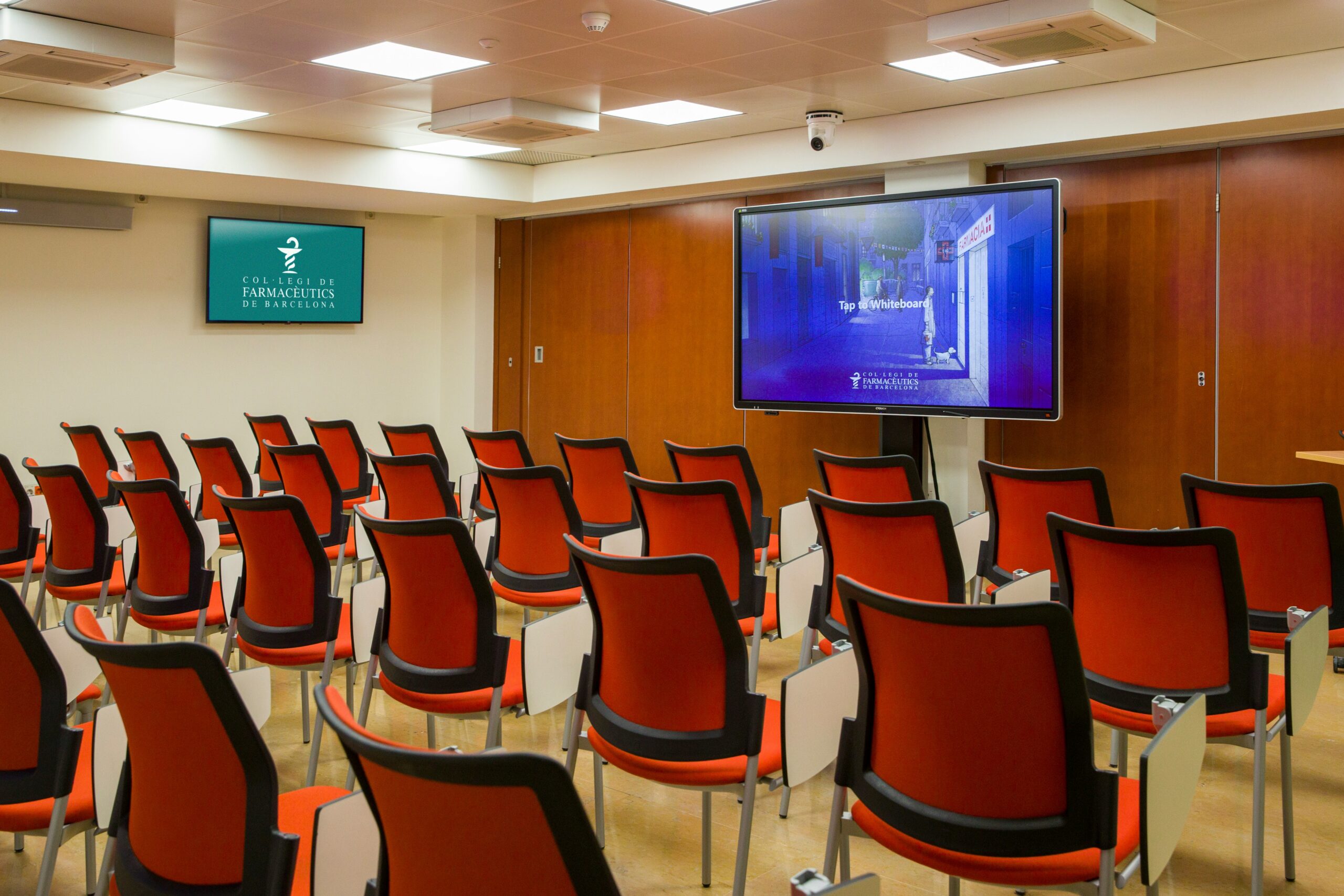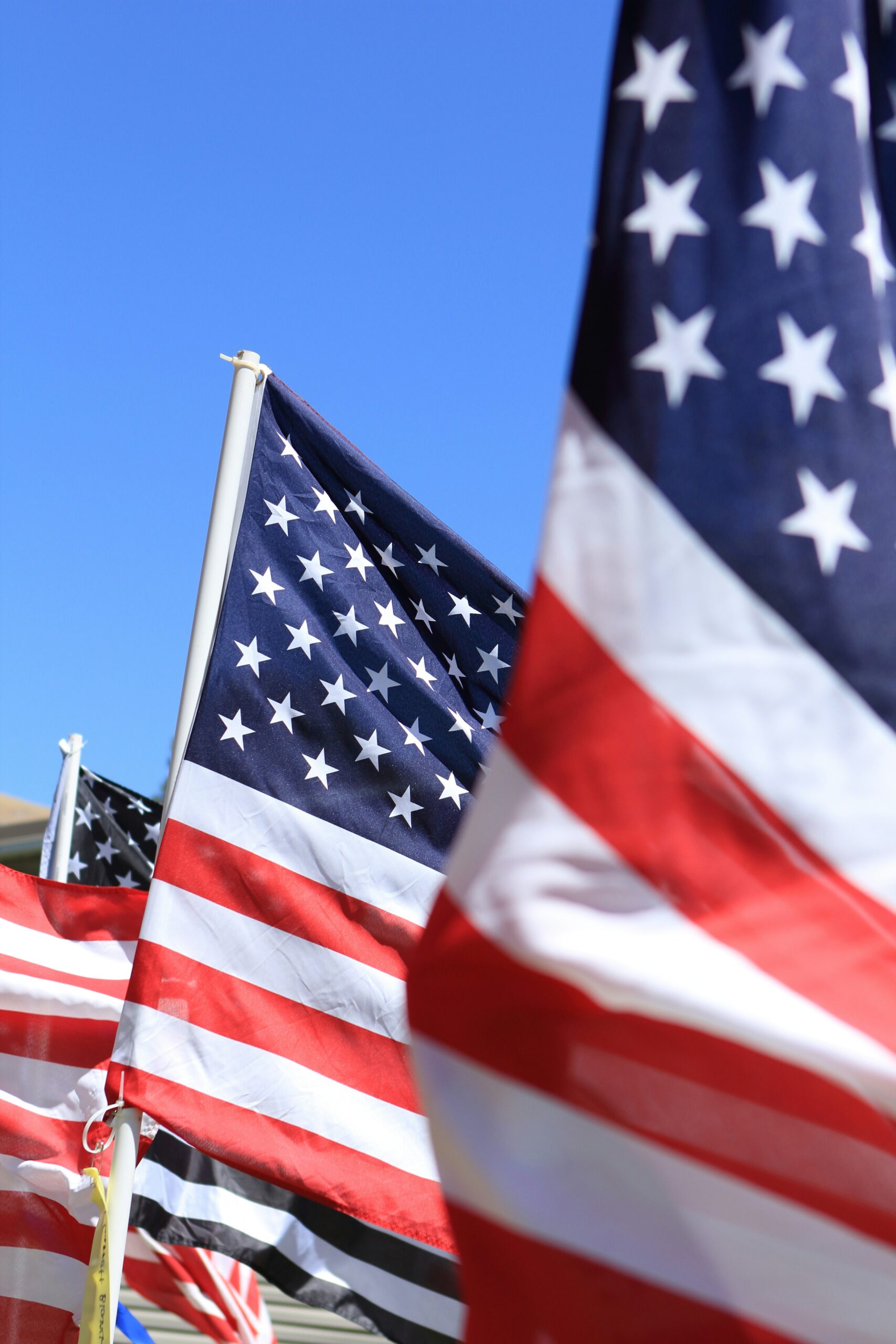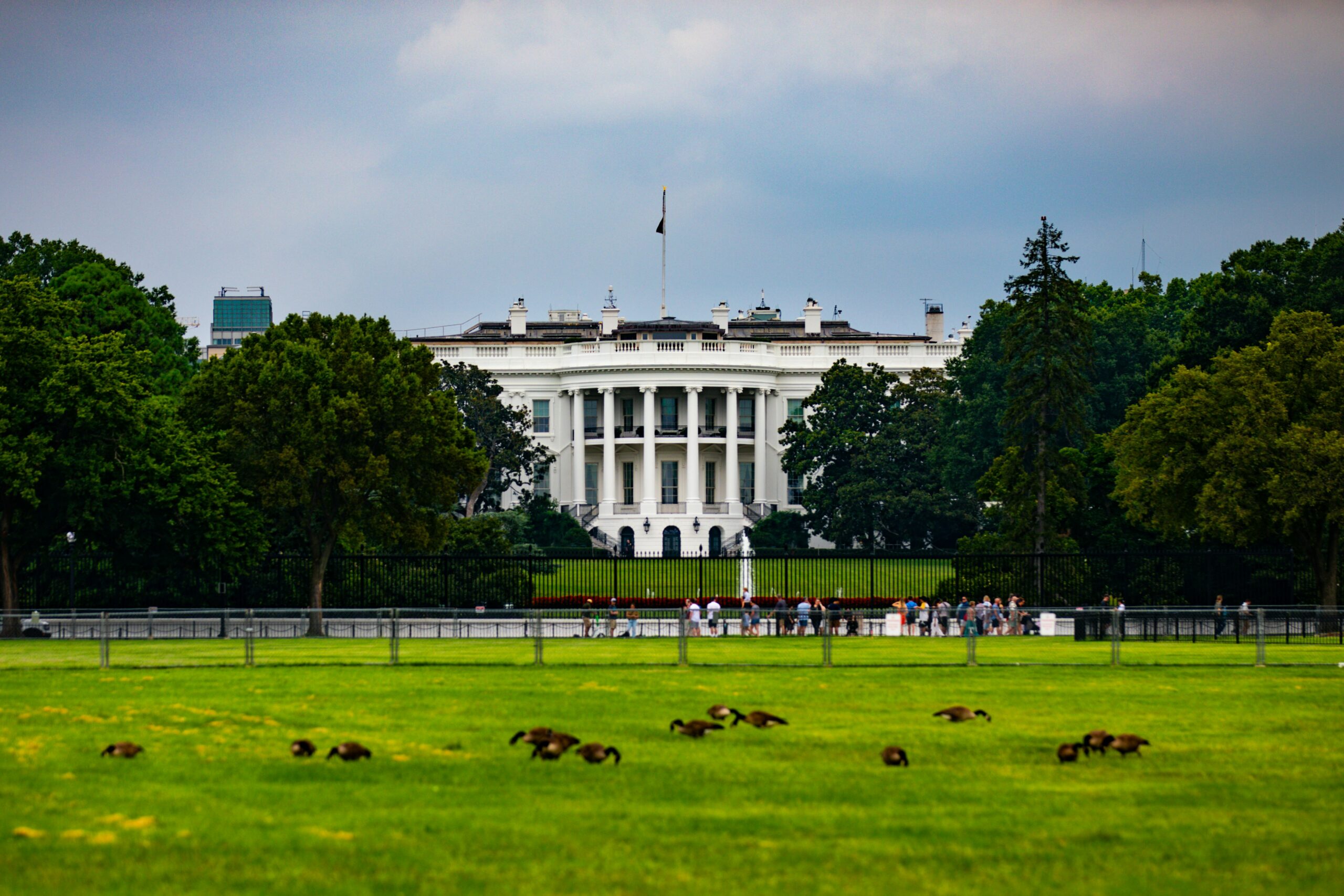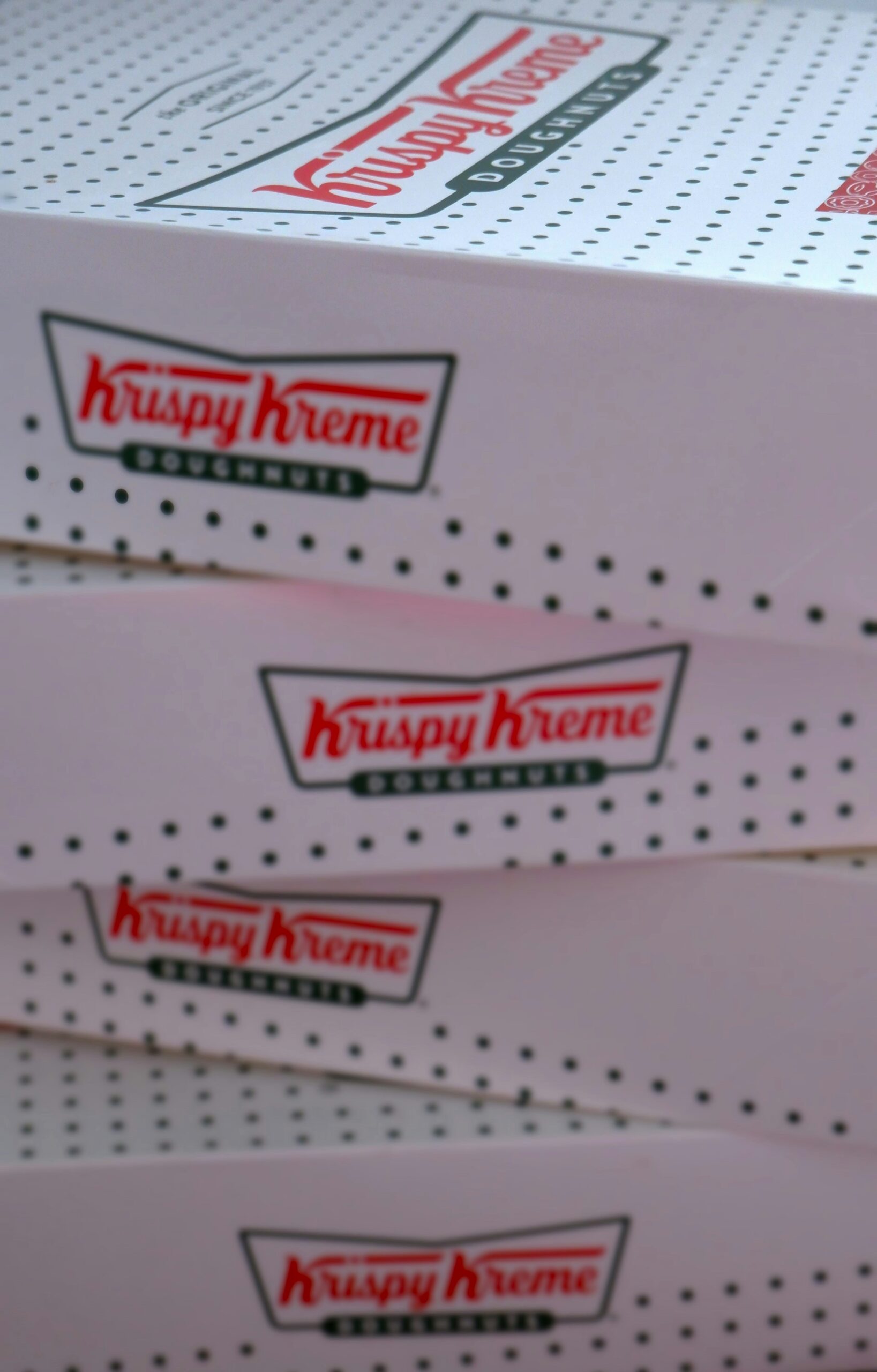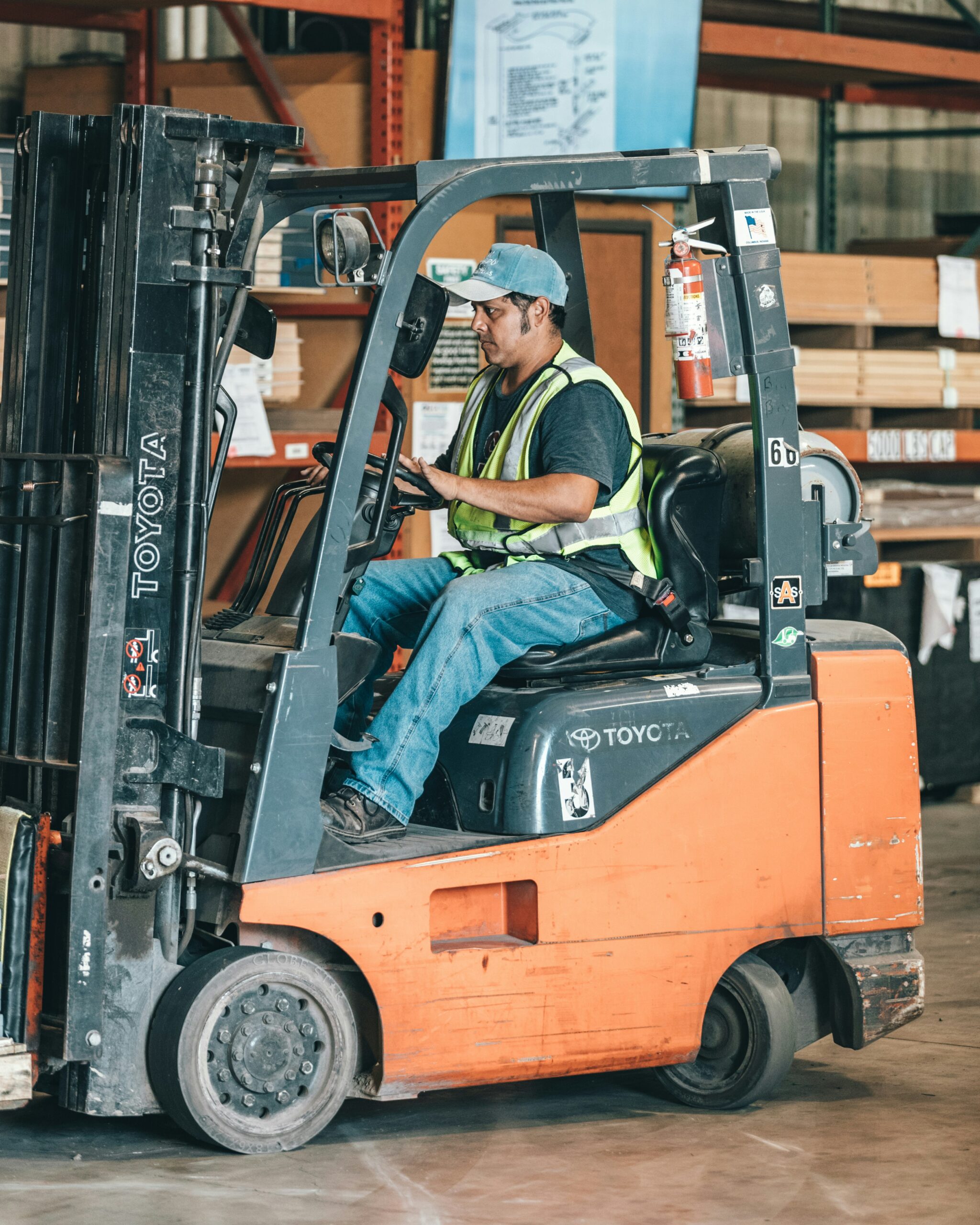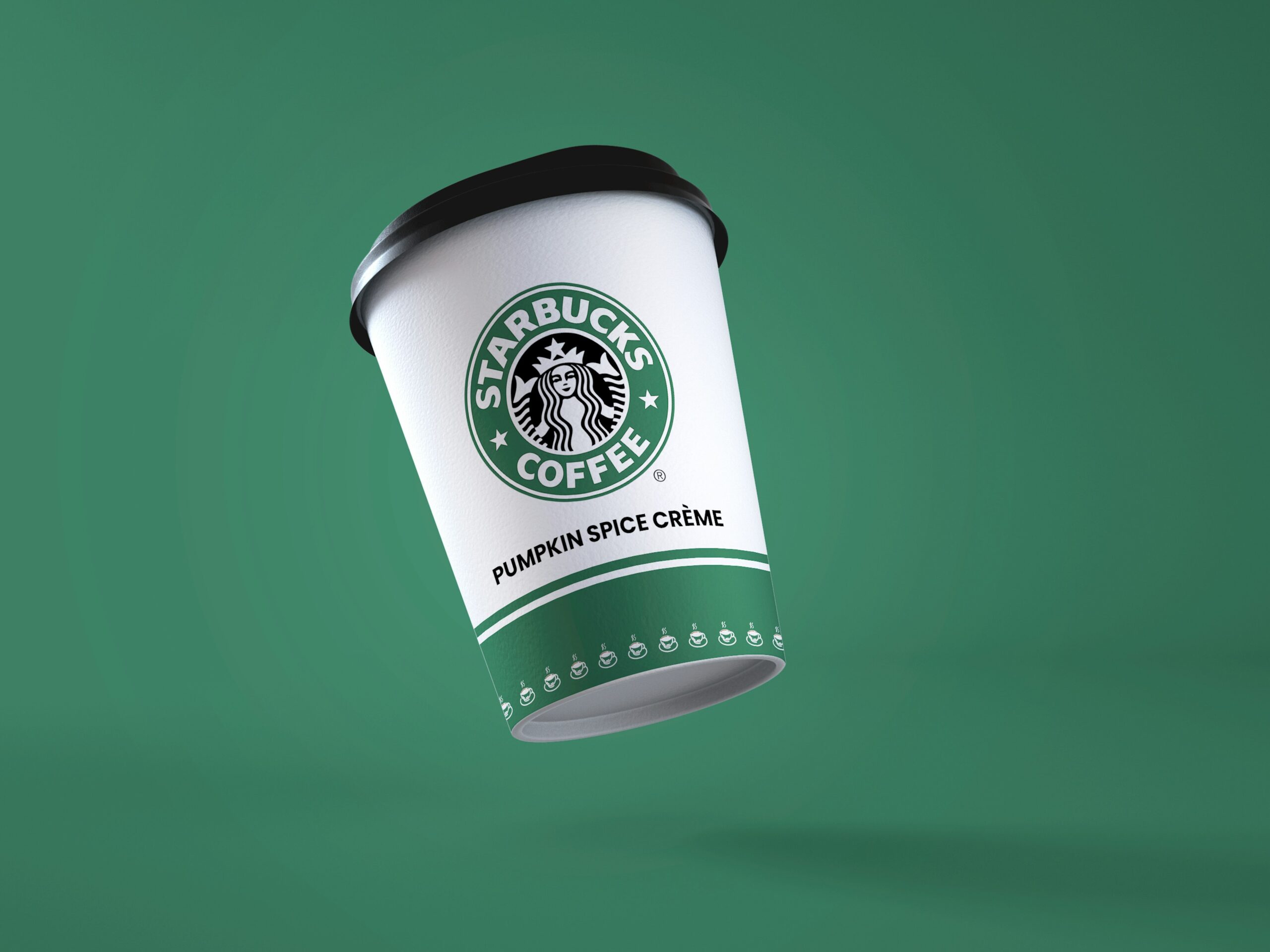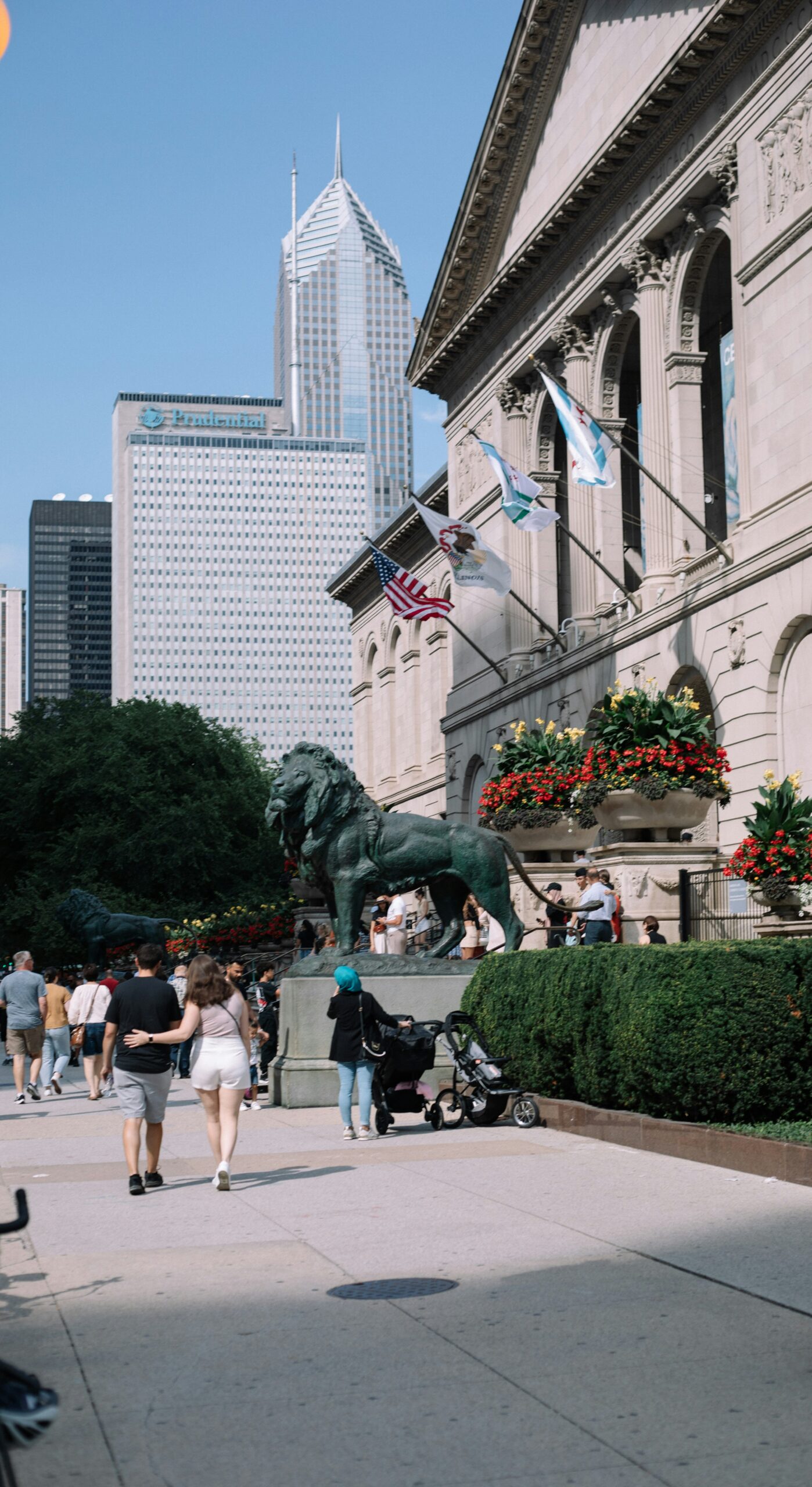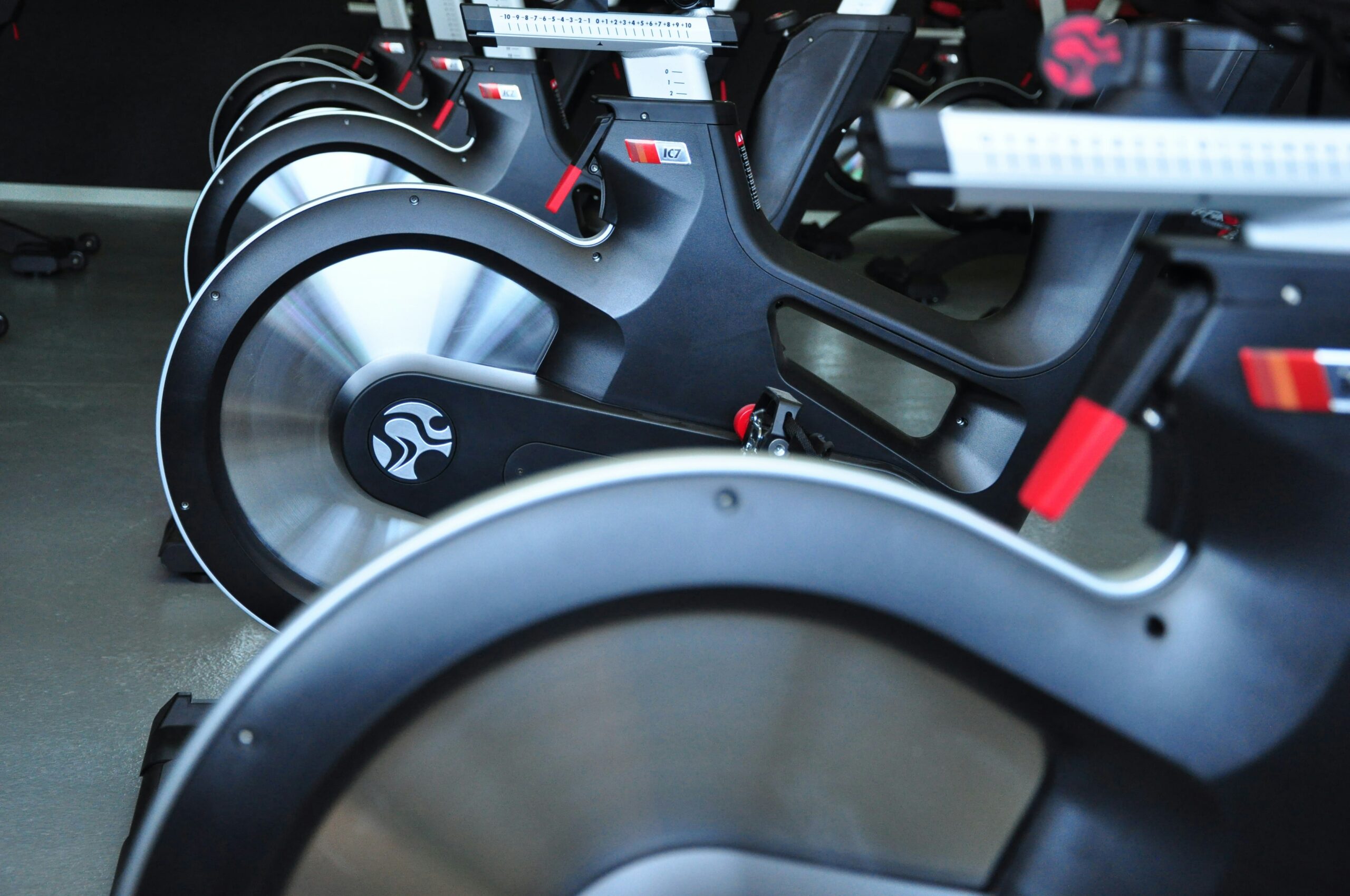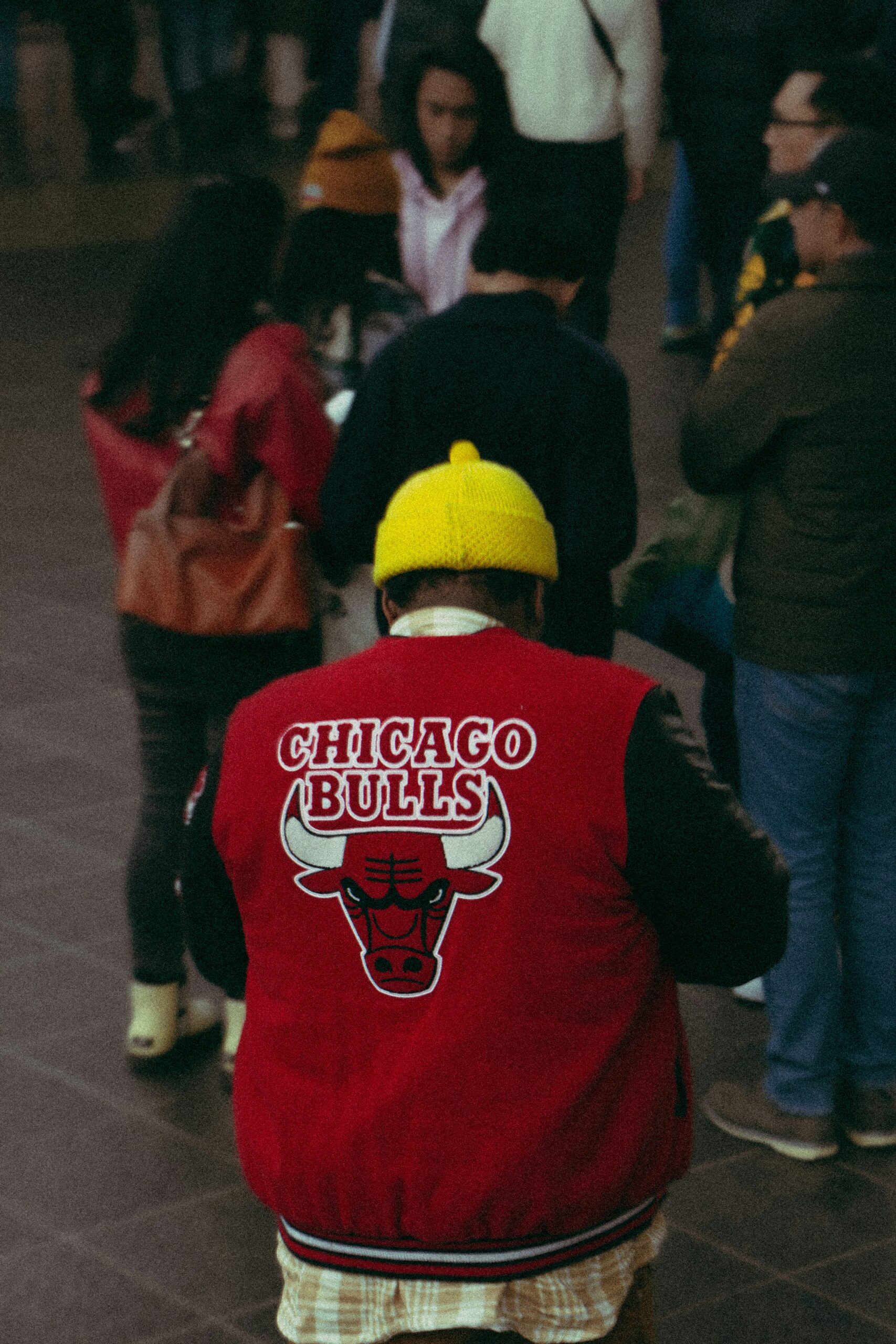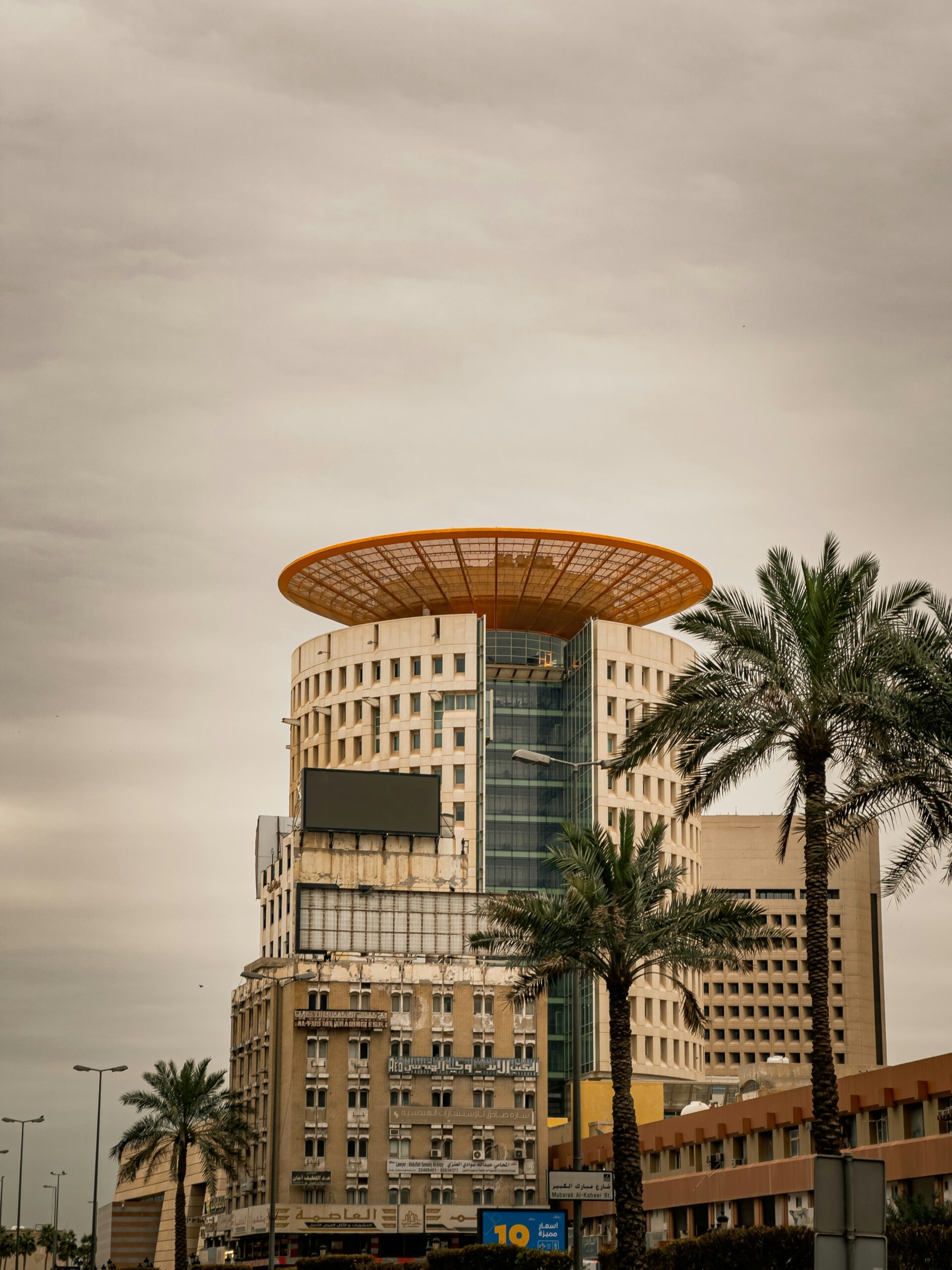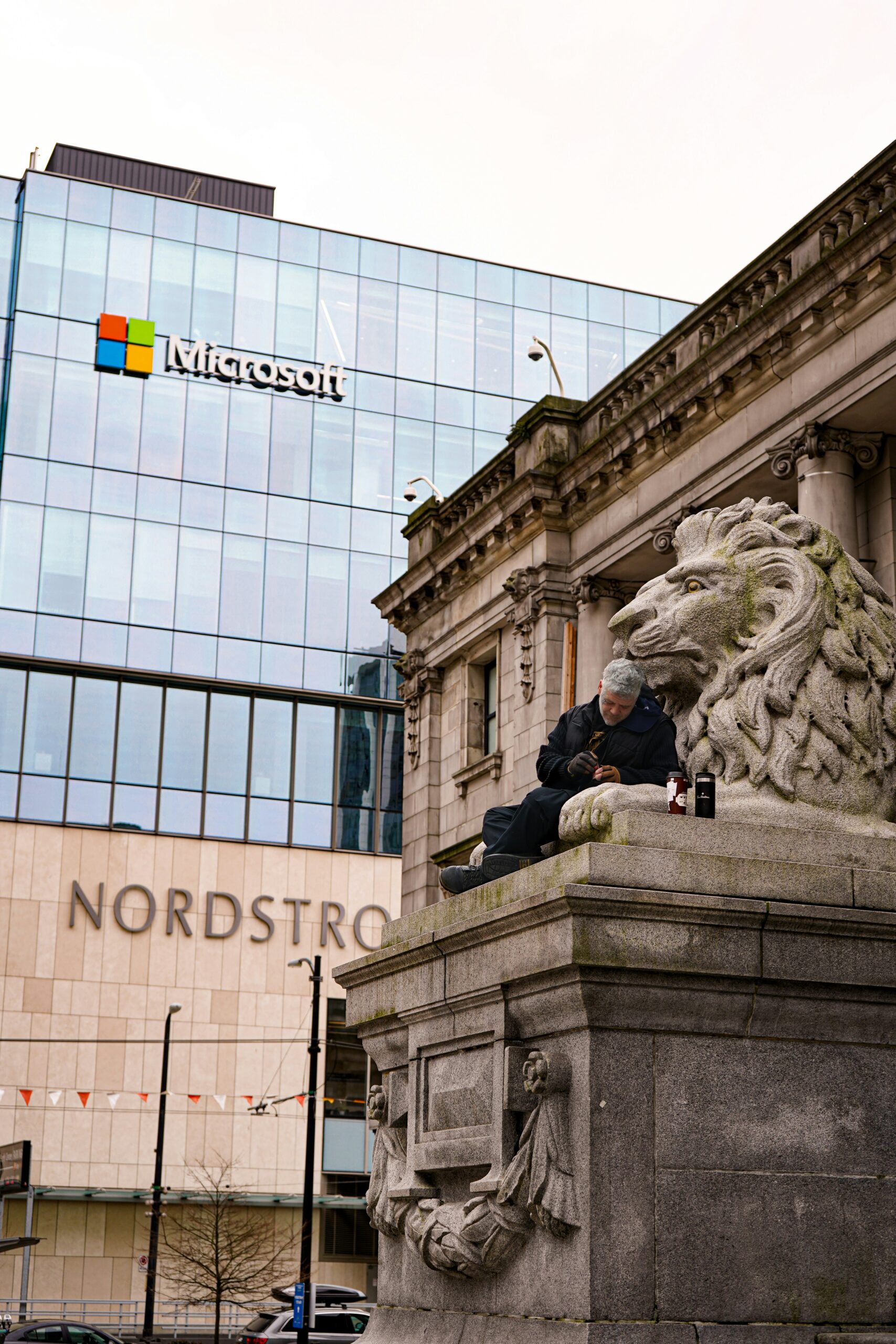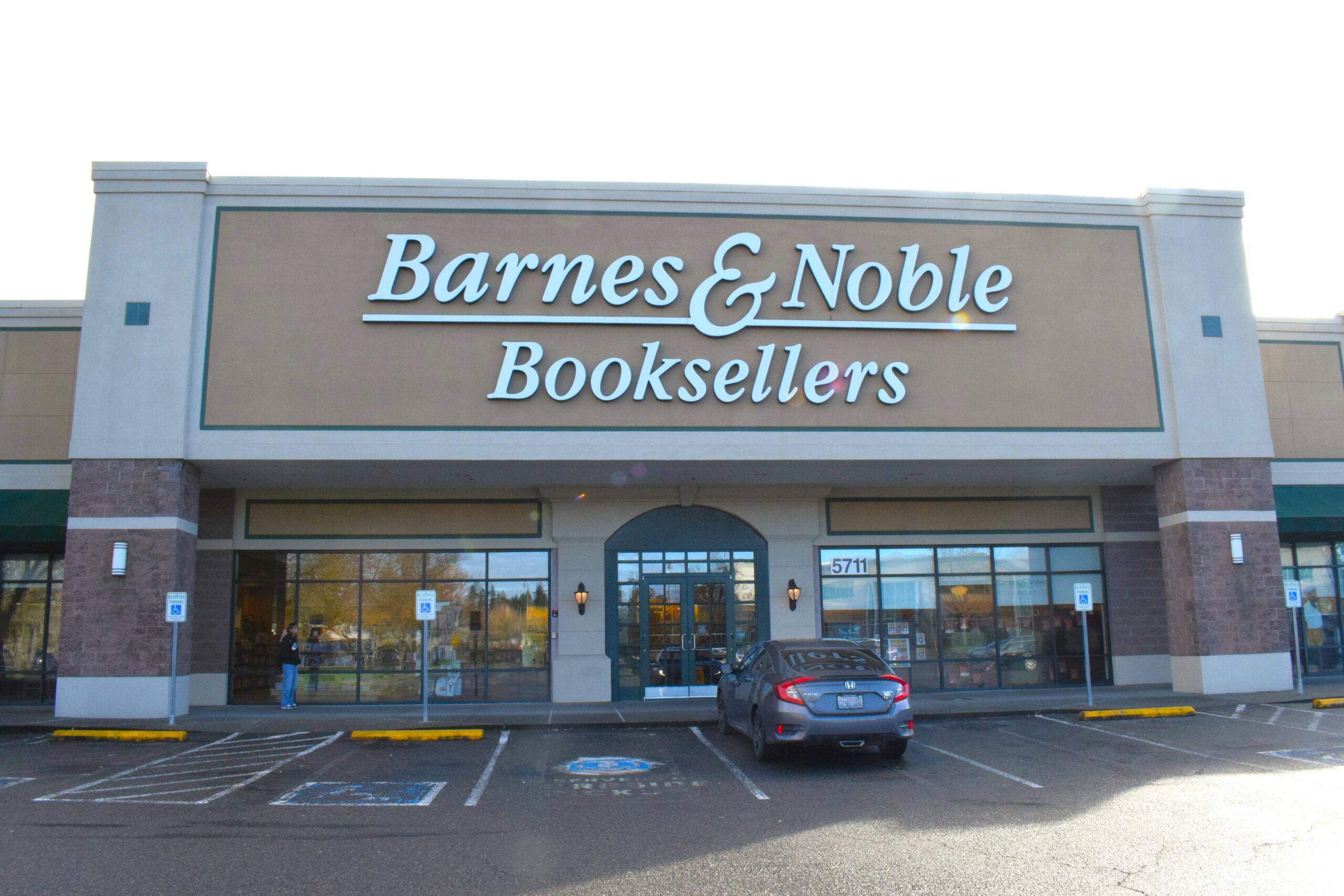Image credit: Unsplash
Madison County business owners are rallying for financial assistance to recover from Tropical Storm Helene’s historic destruction. During a recent Madison County Board of Commissioners meeting, several entrepreneurs shared the challenges they face rebuilding their businesses. Their message was loud and clear: downtown Marshall urgently needs funding to restore its economy, culture, and community.
Josh Copus, owner of Zadie’s Market and Old Marshall Jail, emphasized the collective struggle. “Everyone in downtown Marshall is trying to figure out how to put their businesses back together,” he explained. “We’re doing the best we can with what we have, but we need tons of money to rebuild. We need help.”
Business Owners Highlight the Stakes
Alex Webber owns On Your Bike, a hybrid bakery and bike repair shop. He stressed the importance of immediate action: “This is a critical moment. Decisions made today will determine whether Marshall rebuilds as a vibrant town or risks becoming a ghost town.”
Reflecting on his experience rebuilding in New Orleans after Hurricane Katrina, Webber stressed the broader implications. “Recovery isn’t just about restoring buildings. It’s about preserving the heart of the community—its culture, its identity, and the businesses that make it thrive.”
Webber also pointed out the specific risk to South Main Street. The area received heavy damage due to Helene. “If we don’t act now, we’ll see more empty storefronts and voids in the south end of town,” he warned.
Webber added that businesses like Ponder’s Auto, The Depot, and The Noodle Hole represent decades of Marshall’s heritage. Losing these institutions would leave an irreplaceable void in the town’s cultural fabric.
The Economic Ripple Effect
Business owners highlighted the economic impact of losing downtown businesses. Rhesa Edwards, co-owner of MadCo Brew House and Marshall Pizza Kitchen, connected the survival of local hotspots to the county’s overall economic health. “Our businesses bring people into the county, which leads to tax revenue. Without us, that revenue will decline,” she insisted. “We need grant funding to make this work.”
Rick Molland, co-owner of Flow Gallery, stressed the interconnectedness of businesses and tourism. “We need visitors to return to Marshall, and visitors need places like Flow to shop,” Molland said.
He urged commissioners to secure funding for downtown revitalization quickly. Why the rush? Molland pointed out that holiday shopping accounts for 40% of his gallery’s annual revenue.
County Officials Respond
Commissioners acknowledged the urgency of the situation. Chair Matt Wechtel empathized, sharing that his family lost a business to a flood. “We’re trying to expedite things as quickly as possible,” he confirmed. “It’s not going to be as fast as you want, but we’re doing everything we can.”
Case in point? County Manager Rod Honeycutt has taken the fight to Washington, D.C., requesting $194 million in federal aid for Madison County and three other affected Western North Carolina counties. The proposed allocation includes $21 million for economic development and $129 million for public assistance.
Exploring Solutions
Madison County’s Economic Development Board is helping with recovery efforts by proposing a Historic Preservation Grant Program. The initiative would provide matching grants of $5,000 to eligible businesses to help them rehabilitate historic buildings.
Economic Development Director Brad Guth summarized the benefits’ purpose: “These programs preserve the character of downtown areas, attract investment, and enhance visual appeal.”
The proposed $100,000 grant program would support 40 businesses in Marshall, as well as 14 in Hot Springs. The goal? To rebuild each town’s economy by funding critical renovations and revitalization projects.
A Call for Action
Joel Friedman, owner of Zuma Coffee, called on county leaders to stand with business owners. “Marshall has become ‘Magictown’ because of its small businesses and community,” Friedman implored. “Now we need you to be there for us when we need you.”
As Madison County awaits funding decisions, Marshall’s businesses remain determined. Their collective plea underscores a shared goal: to rebuild their storefronts—and revive the heart of their town.
